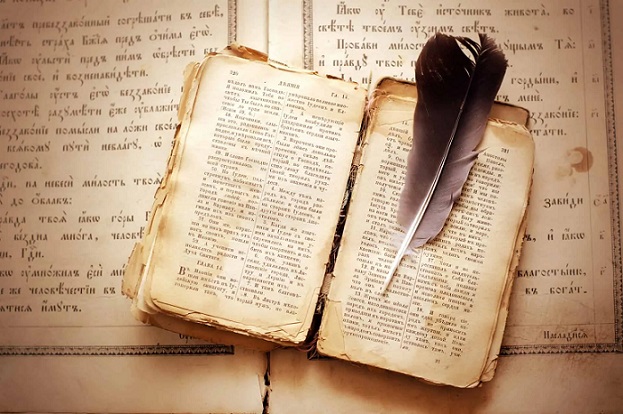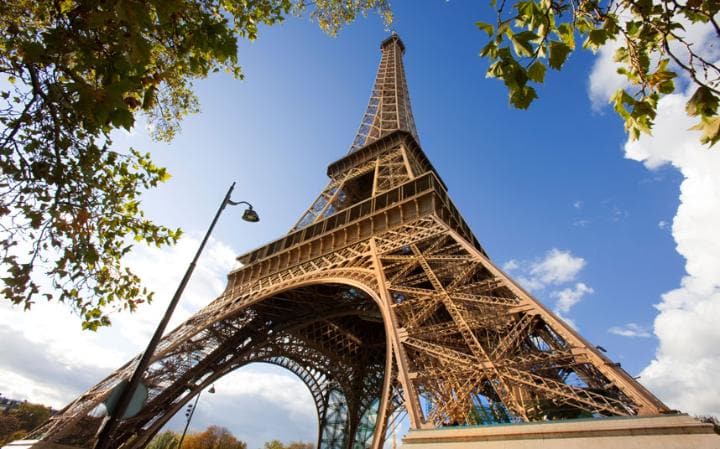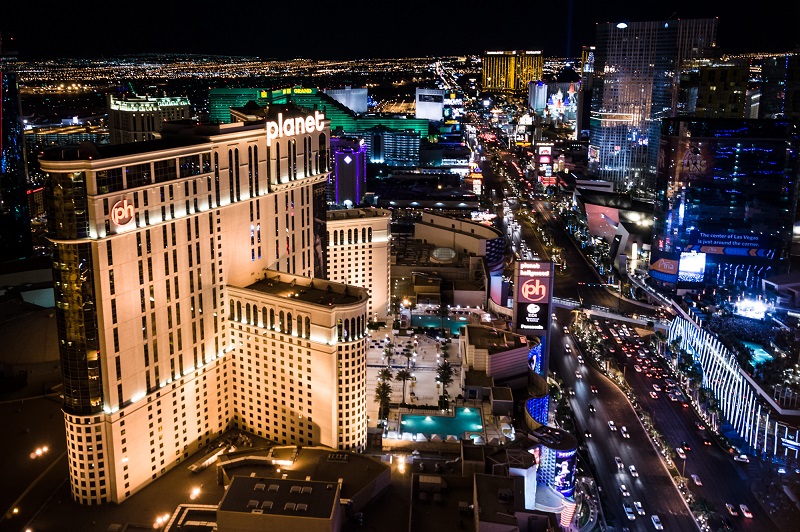Poetry
A Growing Demand For Books
Poetry it seems is having a worldwide revival. Can you remember where you were when American poetess Sylvia Plath gassed herself in her London kitchen at the age of 30 during the harsh winter of 1963? Not perhaps the stuff our memories are made of, but all that could change. There is a distinct revival worldwide of interest in poetry and poets. This is expressed in the increased purchase of poetry books – anthologies and works by individual poets – in the new and second hand book markets.

Reading Poetry Is En vogue
There are a number of reasons for this: The internet entertains the discussion and publication of poetry in a way previously impossible considering the uneconomic nature of the physical publishing poetry and publishing critiques, both amateur and academic. The brash and materialistic eighties preceded the fantastic and terrified nineties. Now here we are more sober and reflective, wondering where the world is going. Out of this a generation is emerging, a present-day version of the 60’s and 70’s dreamers and idealists.
They want more than self-help books, more than herbal remedies and fatuous fantasies. There is a return to serious intellectual examination and spiritual actualization. And by serious I don’t mean lacking in humor. I’m talking about intellectual acuity (take the works of travel poet Bill Bryson for instance) compared to idiotic ramblings.
Bryson is funny and perceptive while the idiotic ramblings is obtuse and laughable. There’s a big difference. We are moving away from weak thoughts to profundity. Can there be any explanation other than this when a 17-year-old youth enters a bookshop asking for The Complete Works of Byron, or searching for the poems of Shelley? Suddenly bookstores are buying poetry books again to meet demand, and retrieving the slim poetry books relegated to boxes in the basement, to create a special poetry section.
This makes sense of the revival of interest in the sixties ballad-poets: Leonard Cohen and Joan Baez. Once again Bob Dylan is speaking to the contemporary generation. T.S. Eliot and Ted Hughes are being discussed again. The demand for the work of Lebanese poet Kahlil Gibran can barely be met. Dylan Thomas is revisited. There is renewed interest in the war poets and so-called world poetry: the Senegalese, Thai, French and Swedish poets.
And why not? It is possible because the books are available and affordable, thanks to the international online book-buying market and the renewed interest in poetic thought. Can a rediscovery of Shakespeare’s sonnets and Milton’s Paradise Lost be far off? Horde any old poetry books and poetry anthologies you still have. You could catch your children reading them one day in a way you never did. Call it poetic justice.
How do you define poetry? Poetry, literature that evokes a concentrated imaginative awareness of experience or a specific emotional response through language chosen and arranged for its meaning, sound, and rhythm.
What are the 3 types of poetry? There are three main kinds of poetry: narrative, dramatic and lyrical. It is not always possible to make distinction between them. For example, an epic poem can contain lyrical passages, or lyrical poem can contain narrative parts.
What is poetry and examples? Poetry is a style of writing that uses a formal organization and that is often divided up into lines or stanzas, or it refers to something beautiful. An example of poetry is the works of Robert Frost. An example of poetry is a beautiful song
How do you identify a poem? The form of a poem is how we describe the overarching structure or pattern of the poem. A poem's form can be identified by analyzing its structure. Poems may be divided into stanzas with different numbers of lines.
What are the elements of poetry in literature? Elements: Poetry. As with narrative, there are "elements" of poetry that we can focus on to enrich our understanding of a particular poem or group of poems. These elements may include, voice, diction, imagery, figures of speech, symbolism and allegory, syntax, sound, rhythm and meter, and structure.
What is the easiest type of poem to write? Acrostic poetry is considered on of the simpler forms of poetry and is commonly taught to younger students. Acrostic poems are generally quick and easy to write and open students minds to the understanding that poetry is a non conventional style of writing which doesn't always have to make perfect sense.
What are the requirements for a poem? Each different form of poetry has its own requirements—rhyme scheme, number of lines, meter, subject matter, and more—that make them unique from other types of poems. Think of these structures as the poetic equivalent of the grammar rules that govern prose writing
What is called the one line stanza? A poem or stanza with one line is called a monostich, one with two lines is a couplet; with three, tercet or triplet; four, quatrain. six, hexastich; seven, heptastich; eight, octave.
Development Of Chemical Photography
Performing Arts - Origin Of Theater Arts
Shakespearian Plays - Performing Arts
Browse All Our Informative Topics
InternetBusinessIdeas-Viralmarketing Home Page
Tweet
Follow @Charlesfrize










New! Comments
Have your say about what you just read! Leave a comment in the box below.